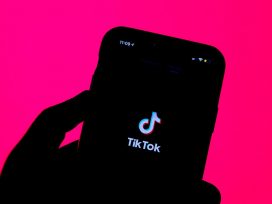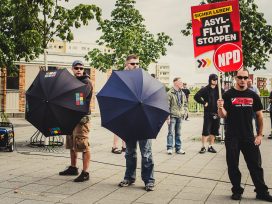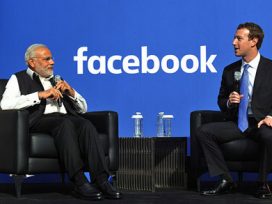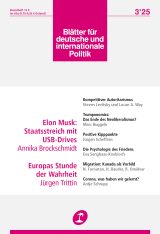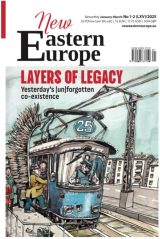Daniel Leisegang
(1978) is a political scientist, Co-Editor-in-Chief at netzpolitik.org and member of the Eurozine Board of Trustees.
Articles
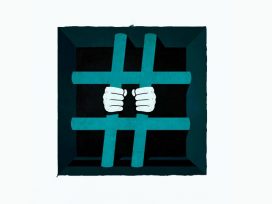
Disinformation, hyper-partisanship and the limits of regulation
Eurozine podcast pt. 1: The changing face of the media
Regulation of media platforms has become an increasingly popular response to the challenges posed by disinformation and hyper-partisanship. But does regulation set a new set of traps for free speech and media diversity? And is it even adequate to the problem?
"The real problem is not the recession"
Blätter für deutsche und internationale Politik, Germany
As an independent, self-financing publication, Blätter is a relative exception in the journals field. So far, it has not felt the impact of recession, says editor Daniel Leisegang, who sees the big challenges in generating demand for political content and keeping pace with media change.
